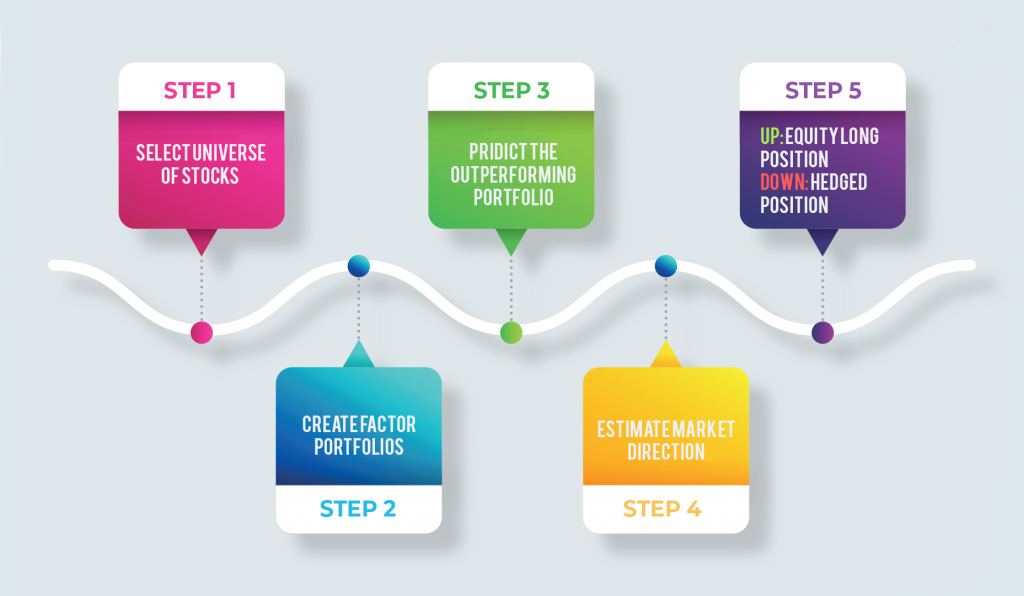
is a global investment banking and financial services holding firm. Treasury securities, and European Governments bonds. In addition, Barclay is a significant seller of Gilts, U.S. In 1980, Barclays International Bank moved into commercial Finance and acquired the American Credit Corporation, renaming it Barclays America Corporation.įollowing Lehman Brothers' bankruptcy in September 2008, Barclays purchased the investment banking and trading branch of Lehman Brothers.īarclays' investment banking provides consulting, funding, and risk management services to large enterprises, institutions, and government clients. Barclays Corporate and Investment Bank / Barclays Capital.Within Barclays, they have two main businesses: You should also have strong problem-solving skills to be a successful quant.īarclays is one of the largest multinational universal banks in the U.K., headquartered in London. Therefore, a junior quantitative analyst required skills in computer programming, including:Ĭ, C++, Java, R, MATLAB, Mathematica, and Python.
#Quant finance code#
It is worth mentioning that even if you are not a grad of Finance, you can still be a quant as long as you have strong mathematical and stats knowledge.Ī typical day for a quant includes completing research on vast databases for patterns and assisting in model monitoring code development and code reviews.ĭata science, machine learning analysis, and modeling methods are the essential skills you should have to perform portfolio performance analysis and risk modeling. Some popular mathematical theories and models include calculus, linear regression, and quantitative economics. Professionals who work in quantitative research and analysis are called "quants." They use statistical and mathematical methodologies to analyze and forecast the stock market. When you finish reading, you should clearly understand your career plan.

This section will provide information about five career paths frequented by quantitative finance graduates. Unlike the traditional financial industry, quantitative finance graduates mainly work in secondary market investment. The opportunities include Venture Capital, IBD, Equity Research, Asset Management, Private Equity, Hedge Funds, Consulting, Corporate Finance, etc. In the traditional financial industry, the employment opportunities for graduates are vast.

In fact, in addition to finance graduates, mathematics, computing, and physics majors also choose to enter the quantitative finance field. But at the same time, you also have some places that need special attention.Ĭompared with the traditional financial industry, the employment scope of quantitative Finance will be much smaller. Career PathĪfter you graduate with a bachelor's in Quantitative Finance, there are many different areas you can start your career path. Individuals can also be engaged in the valuation of securities and financial derivatives, investment portfolio management, risk management, and market forecasting. The goal is to develop professionals with multiple computer and mathematical skills and management and business skills. The financial engineering program curriculum is highly career oriented. The content includes mathematics, computer programming, securities derivatives pricing, risk analysis, financial information analysis, and advanced financial theories. The concept of quantitative investment is not mysterious. For 17 years, from 1989 to 2006, the average annual return of his fund was as high as 38.5%. Simmons is a quantitative investor who uses mathematical models and algorithms to benefit from market inefficiencies. Quantitative investing has been used for more than 30 years, and the most well-known figure is the Wall Street hedge fund manager, James Simmons. People who work as financial engineers use mathematics, statistics, and computer programming to solve financial problems.

However, the field involved in the former is relatively narrow, and the concept is more abstract than in the latter. This is closely related to financial economics.

Generally speaking, professionals will use this finance to do quantitative analysis of markets and transactions. At the same time, you should also master some well-known programming languages to help you perform quantitative analysis. Having a strong knowledge of mathematics and statistics is essential if you want to pursue a career in a related industry in the future. But, may you constantly question Quantitative Finance? What can I learn from this area? What type of job can I do after I learn it? In this article, you will find all the answers. This has been a hot topic in recent years. It is applied mathematics explicitly designed for the financial market. Quantitative Finance is also known as Financial Mathematics, Mathematical Finance, or Financial Engineering.


 0 kommentar(er)
0 kommentar(er)
